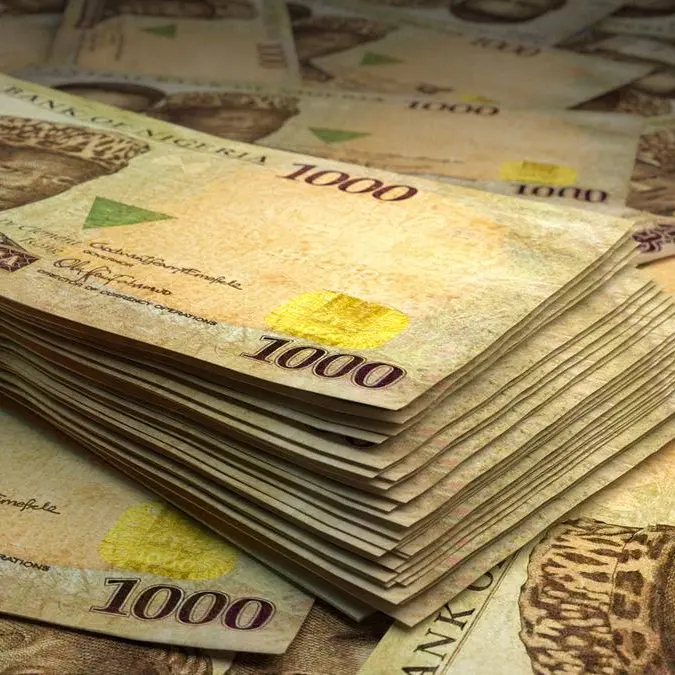PHOTO
Euro zone government bond yields hovered near recent highs on Monday at the start of a data-packed week in the final run-up to the U.S. presidential election on Nov. 5.
Yields on Germany's 10-year bonds, which move inversely to prices, were 1 basis point (bp) lower at 2.278% after hitting a more than three-month high earlier in the session.
Growing bets on more European Central Bank interest rate cuts have pressured euro zone bond yields this month after a series of data pointed to further deterioration in the regional economy.
While money markets are widely pricing in a 25 bp rate cut at the ECB's December meeting, the probability of a larger 50 bp reduction has risen to 47% from 20% a week ago.
Germany's two-year bond yield, which is more sensitive to euro zone rate expectations, fell 2 bps to 2.123%.
A spate of economic data this week includes the euro zone third-quarter GDP report and inflation readings before the main U.S. employment report on Friday, all of which could shape the rate path on both sides of the Atlantic.
"I see chances for markets in the euro area stabilising ahead of inflation numbers this week, where headline numbers will still be below 2% so it would be a benign data point and markets could profit off of that," said Hauke Siemssen, rates strategist at Commerzbank.
Some ECB policymakers have expressed concern about inflation falling below 2% and forcing the central bank to act quickly.
However, Belgian central bank chief Pierre Wunsch on Monday joined other colleagues in pushing back on more dovish views, saying there is no urgency for the ECB to cut interest rates faster.
"The bar is very high for a 50 bp cut. Markets speculating about cuts larger than 25 bps are fairly ambitious and I don't think it will ultimately happen," Siemssen said.
In contrast, bets on a less dovish U.S. Federal Reserve after strong economic data this month have fuelled a rise in U.S. Treasury yields.
U.S. benchmark 10-year bond yields rose 2 bps to 4.256% to stand just under their late-July highs.
With just over a week until the U.S. presidential election, markets are also increasingly pricing in the likelihood that Republican Donald Trump will return to the White House, along with a Republican majority in the Senate and House of Representatives.
Trump's potential policies, including those on tariffs, are seen as inflationary and have boosted the dollar and fuelled a rise in Treasury yields.
MOODY'S DOWNGRADES FRANCE'S OUTLOOK
The gap between French and German 10-year yields - a gauge of the risk premium that investors demand to hold France’s government bonds - tightened 1.45 bps to 73.95 bps.
Ratings agency Moody's revised France's outlook to "negative" from "stable" late on Friday.
The agency cited mounting uncertainty that the country would be able to curb its widening budget deficit, but maintained its Aa2 rating on French debt.
The downward revision of the outlook underlines growing international concerns about the country's public finances, and comes as a belt-tightening 2025 budget bill is being discussed in parliament.
"The structural problems are not going away anytime soon. Unless France is downgraded to single A, it's probably not going to have a larger impact. Rating risks are rather muted for now," Siemssen said.
Italy's 10-year government bond yield was almost 1 bp lower at 3.499%, with the gap between Italian and German yields at 121.65 bps.
(Reporting by Medha Singh in Bengaluru; Editing by Toby Chopra, Kirsten Donovan)




















